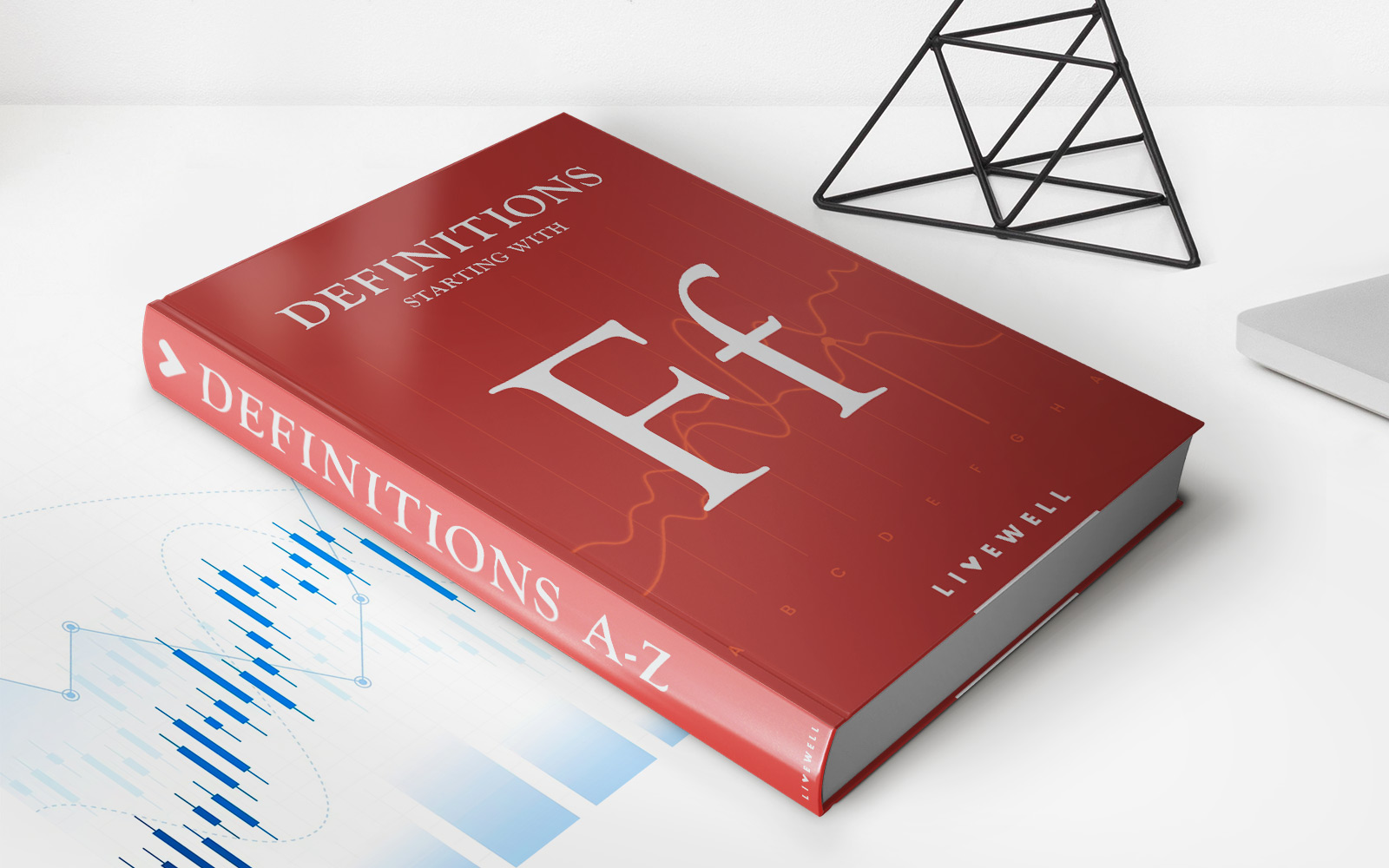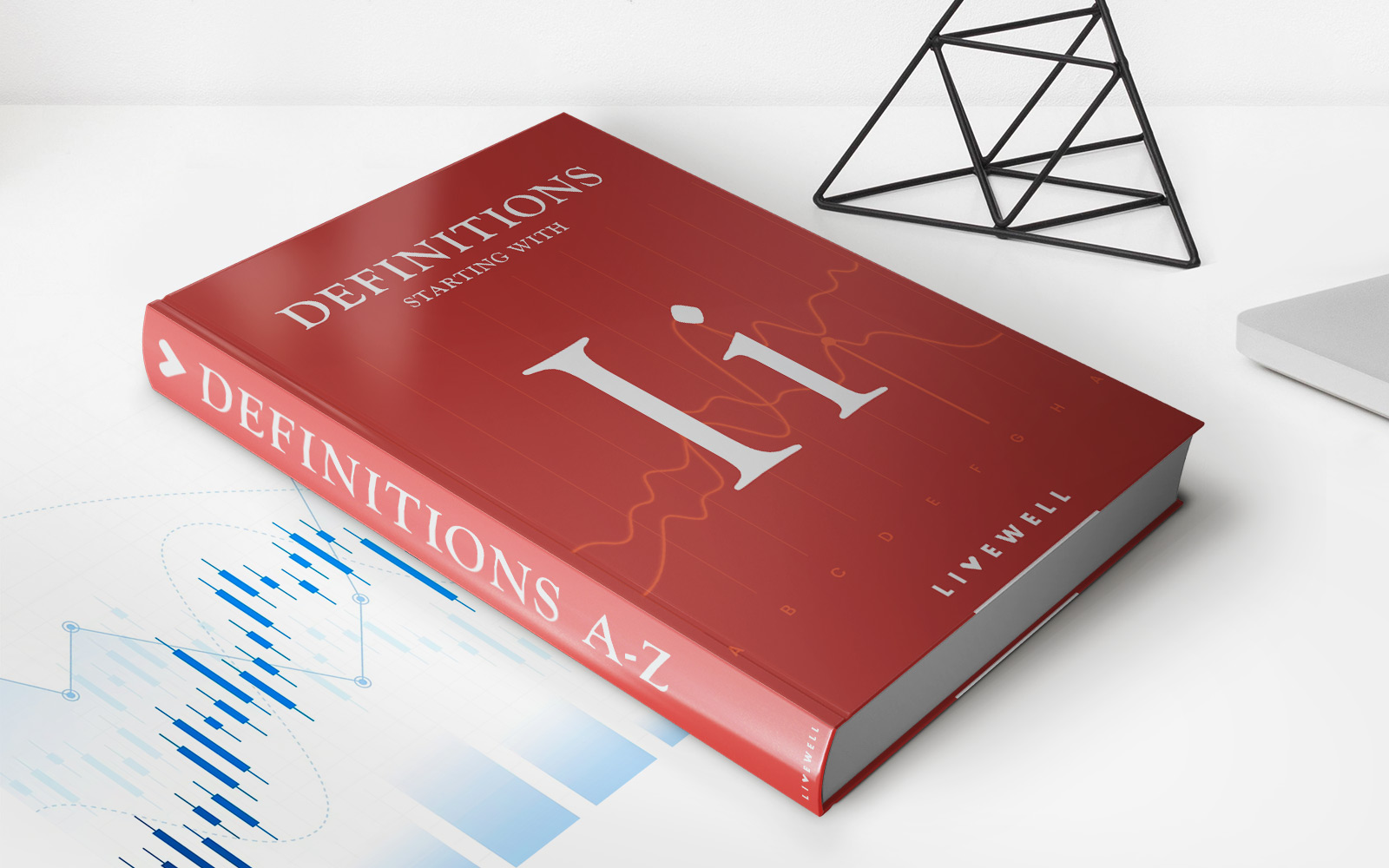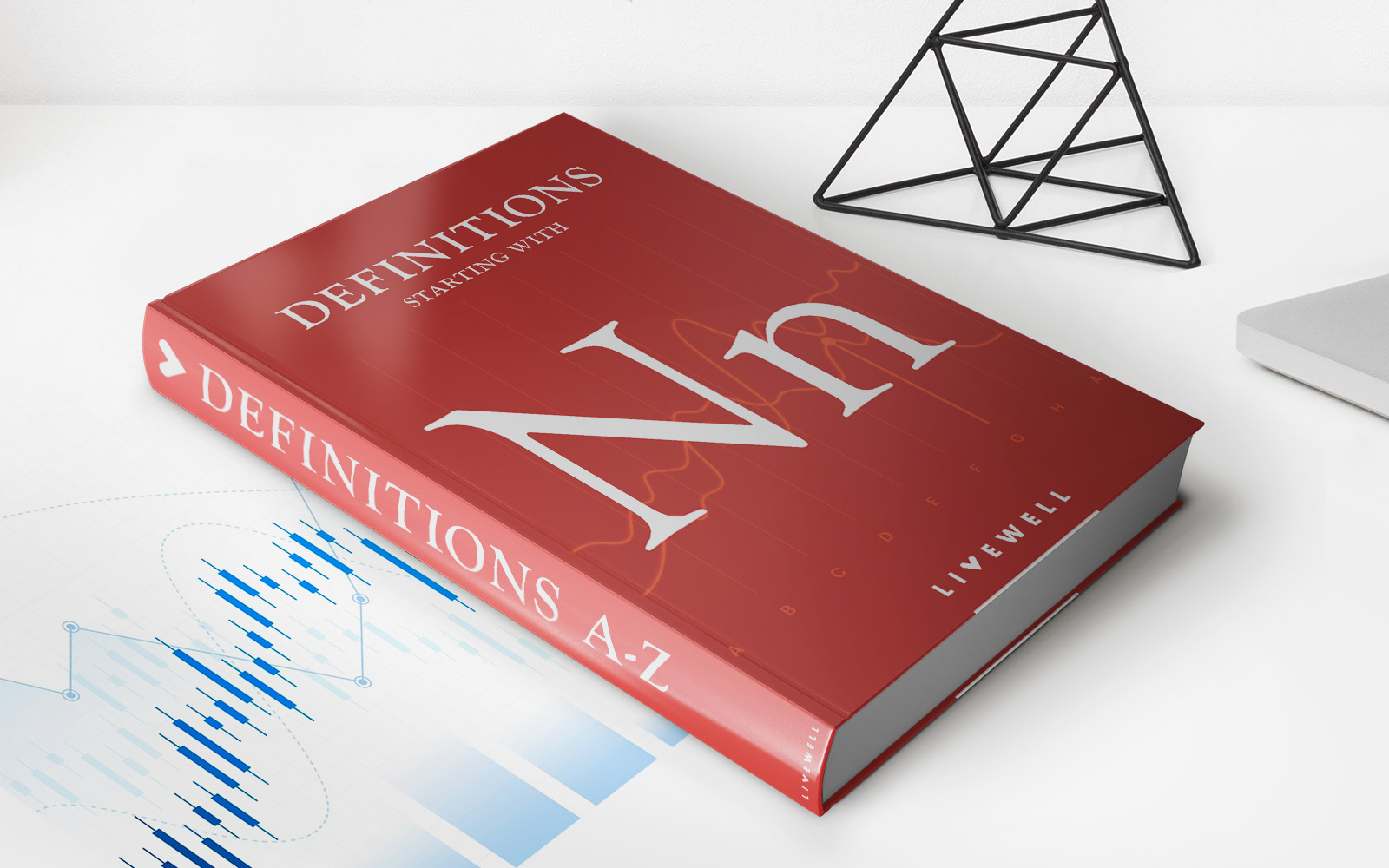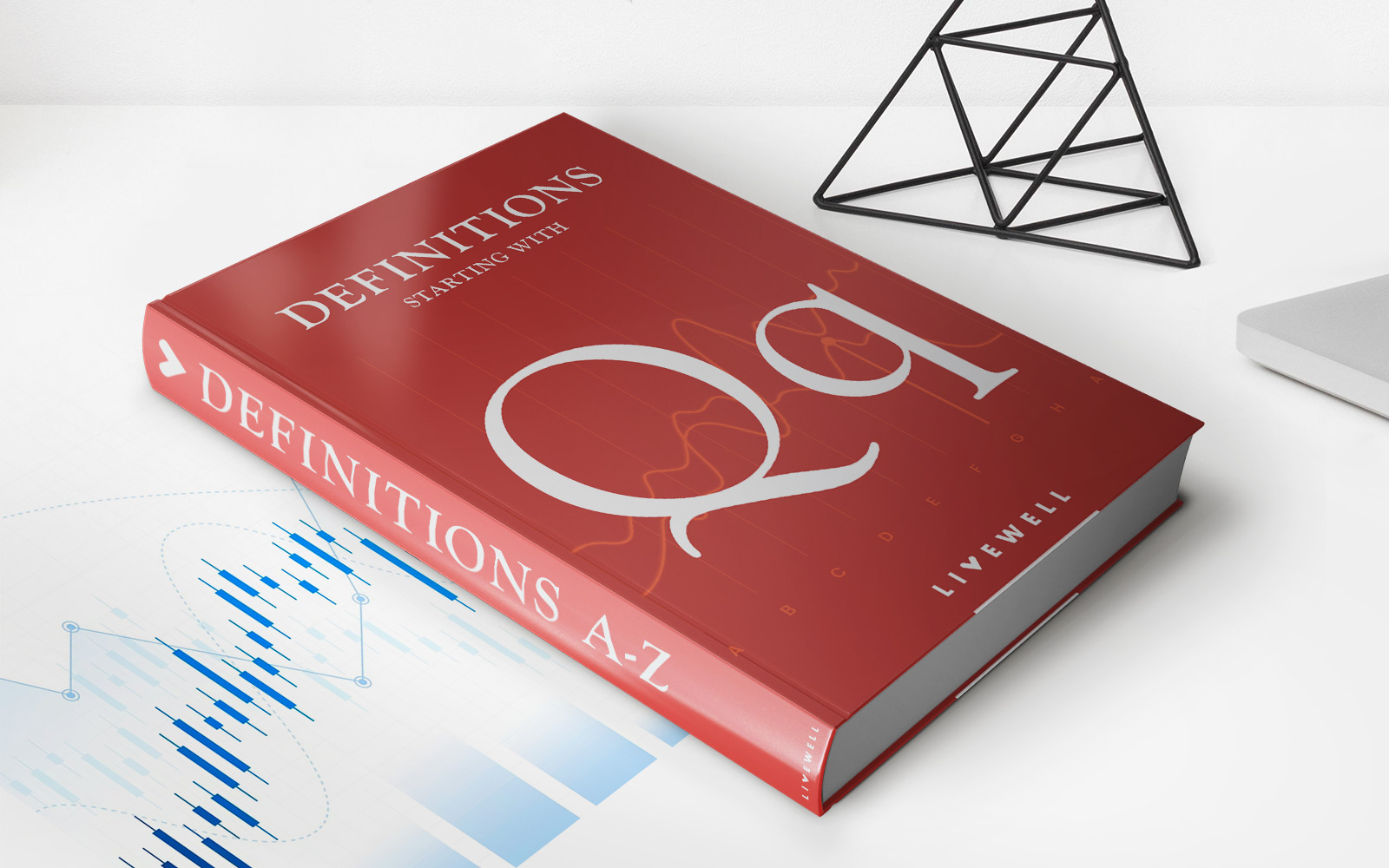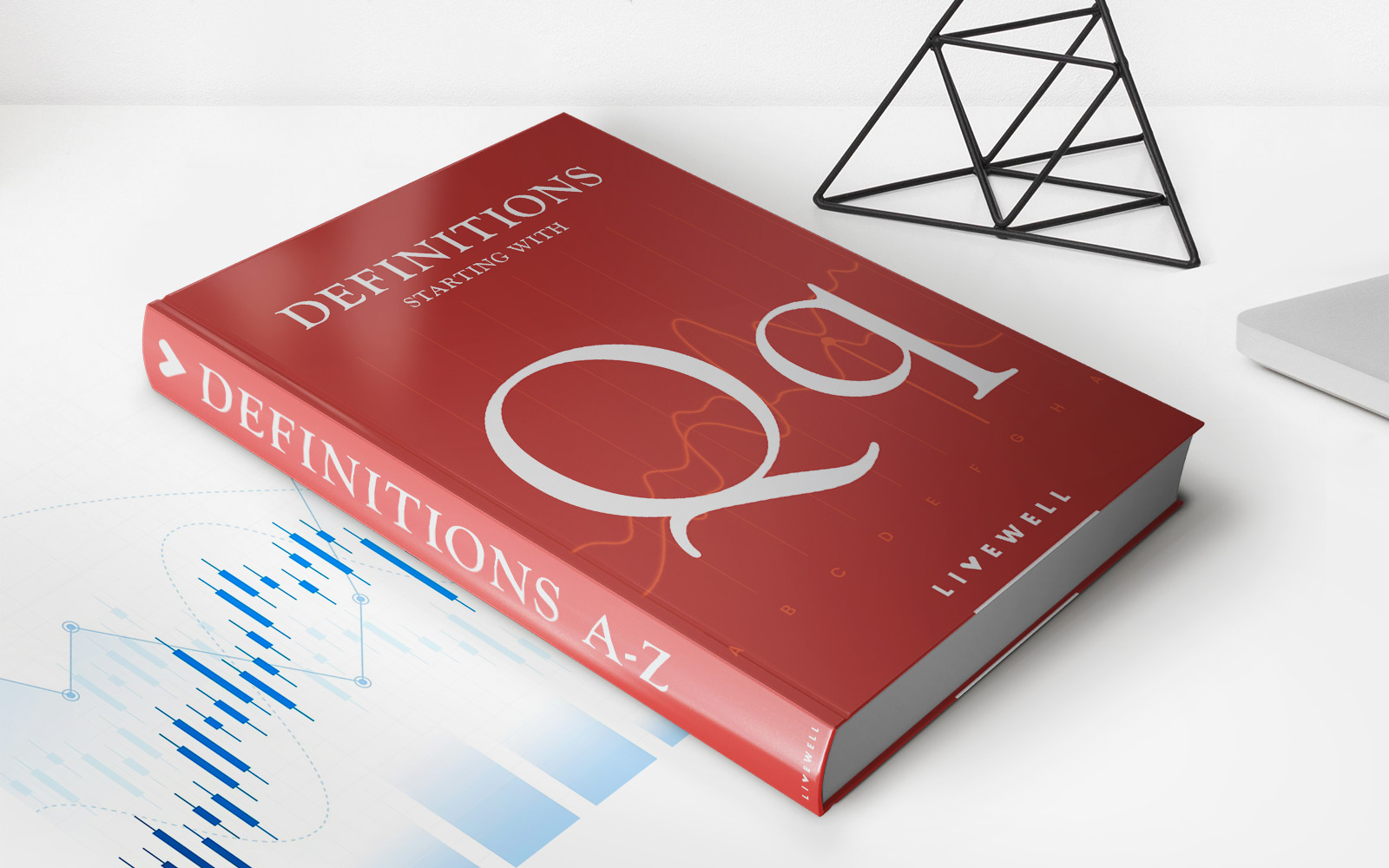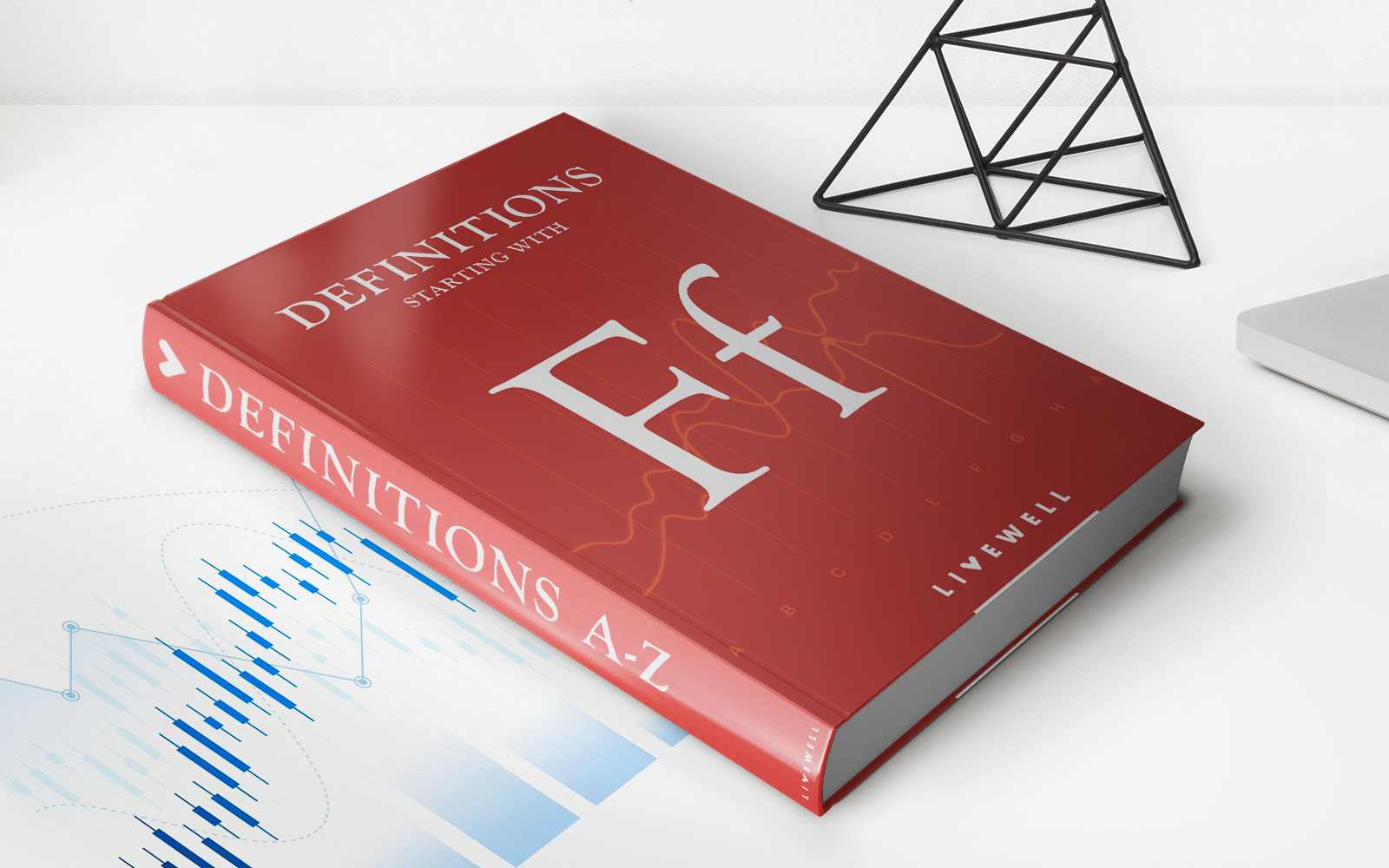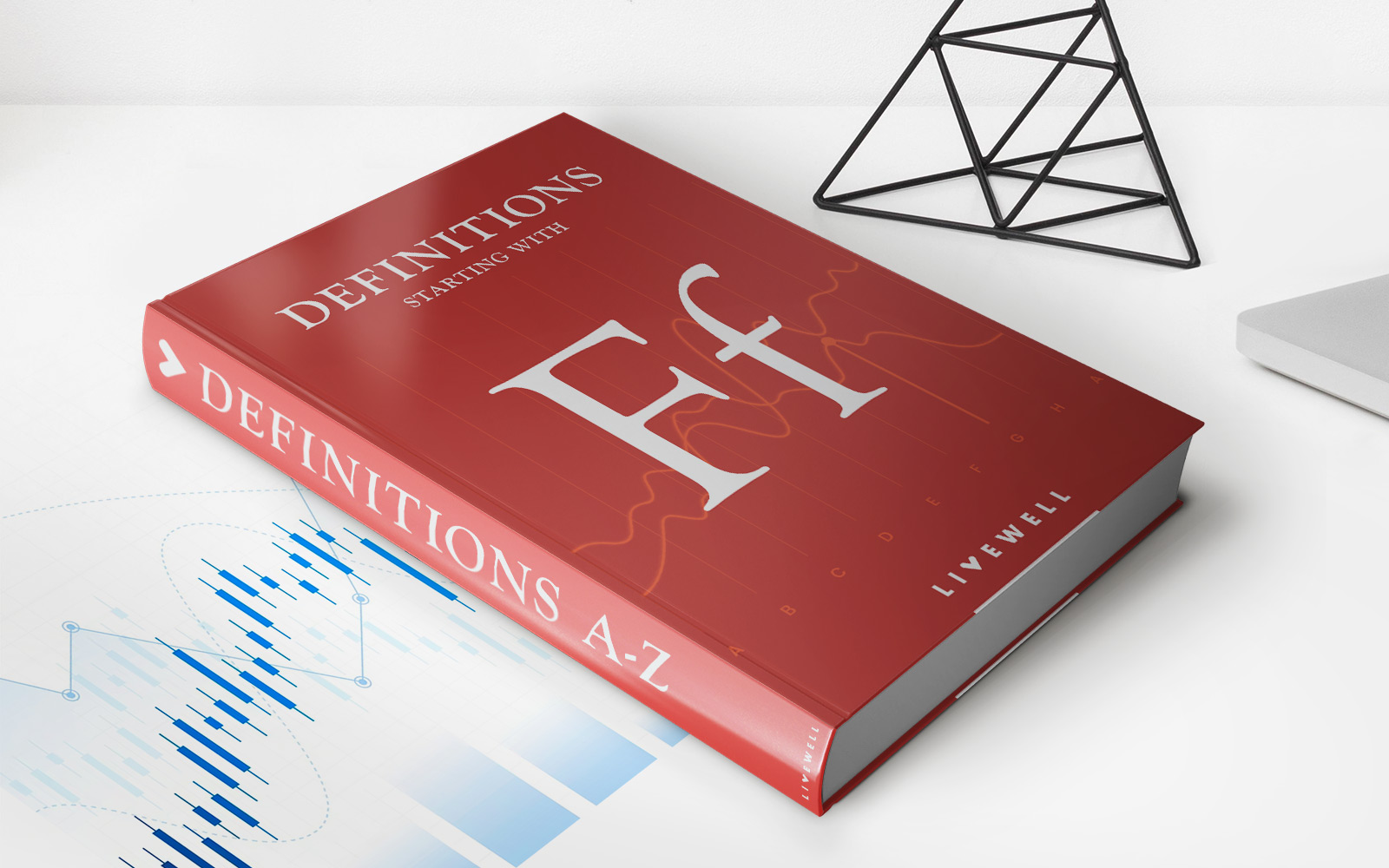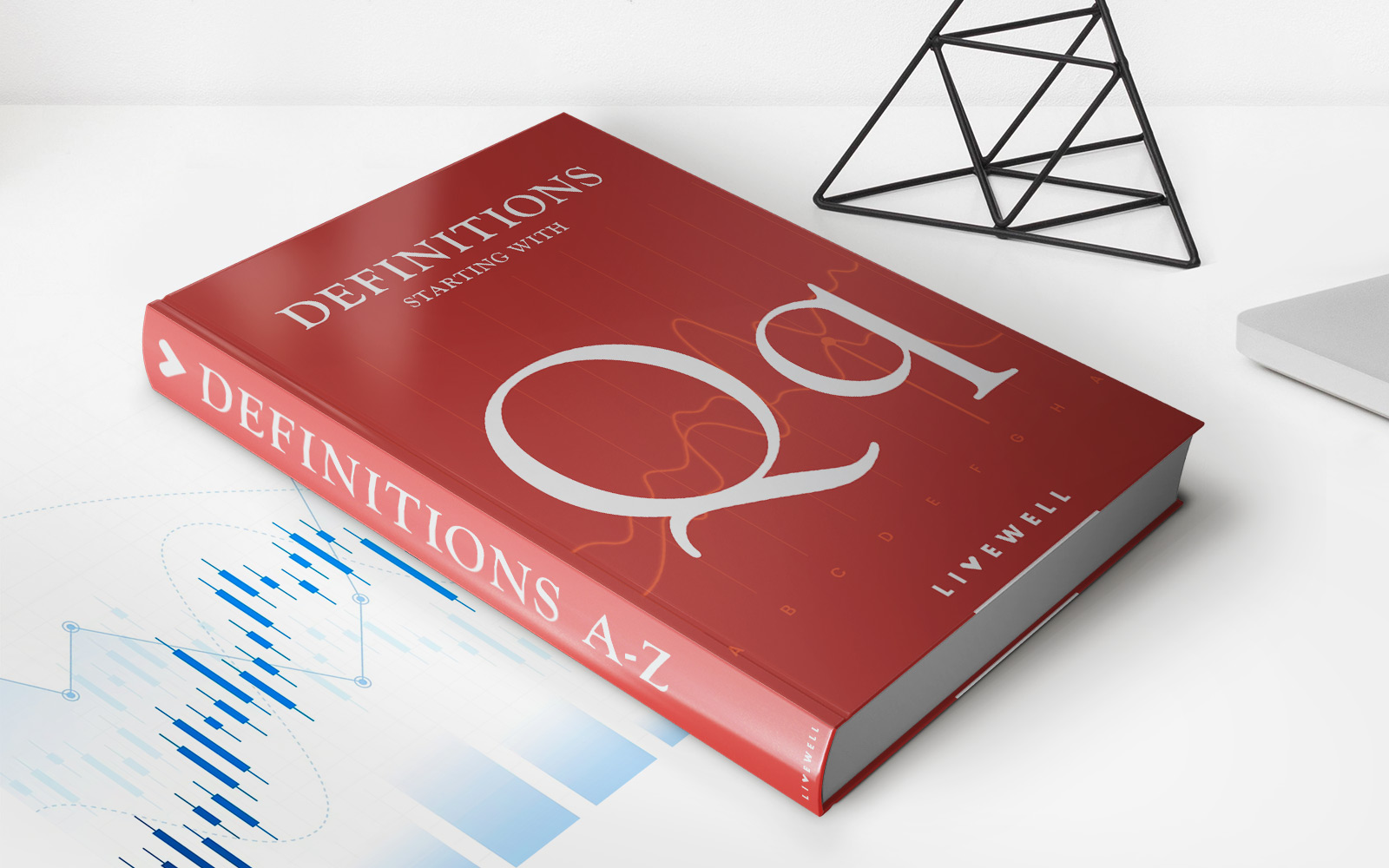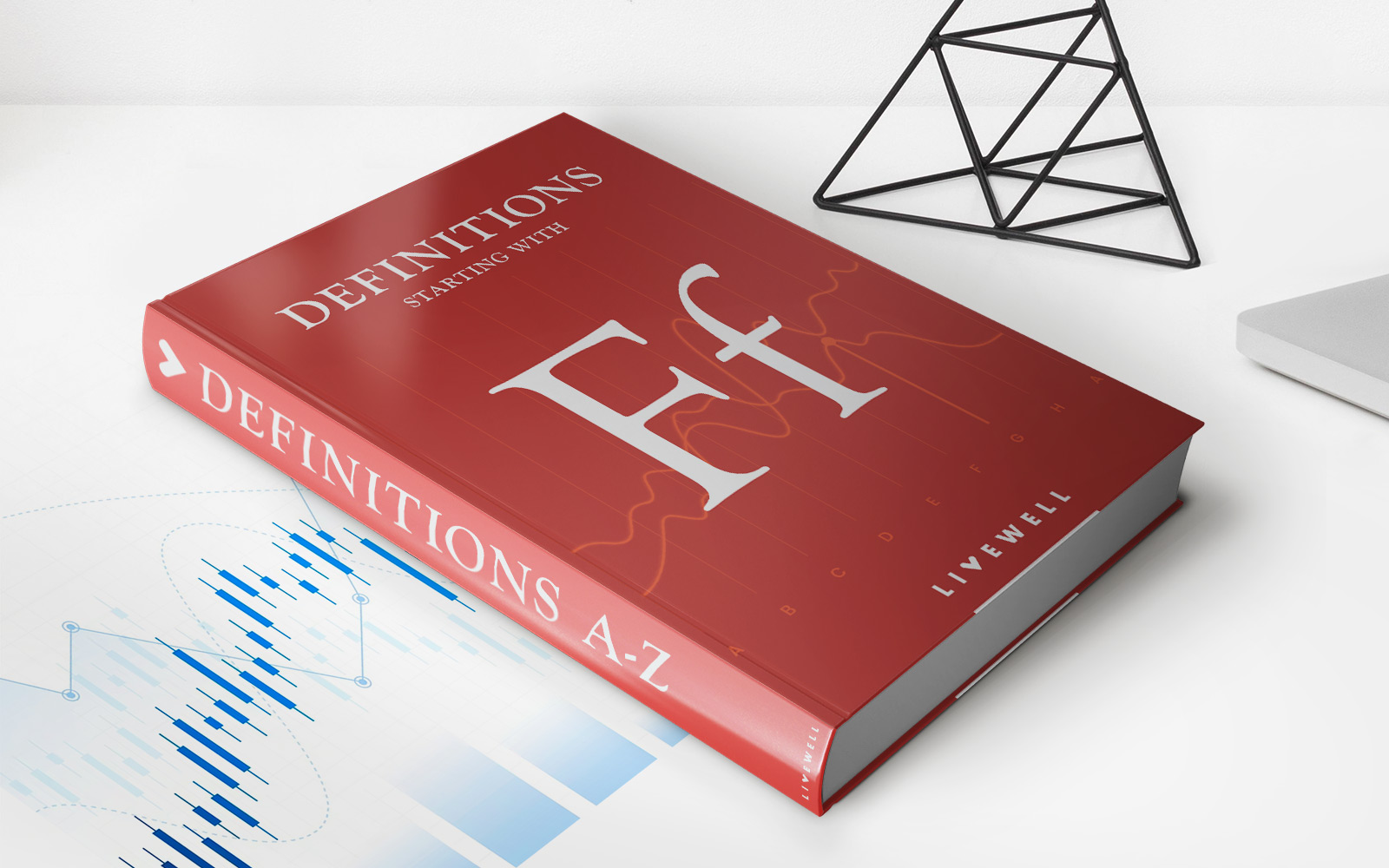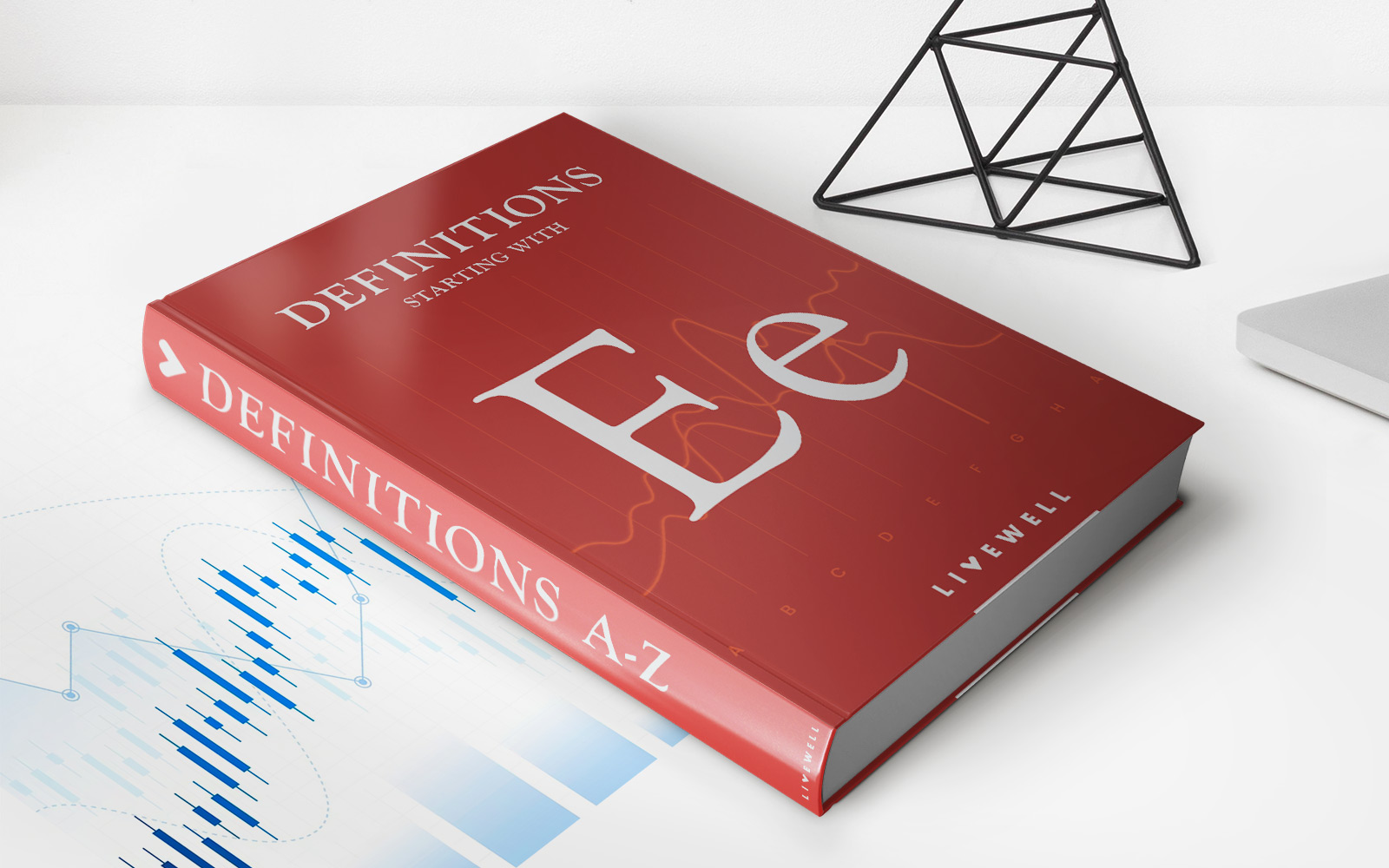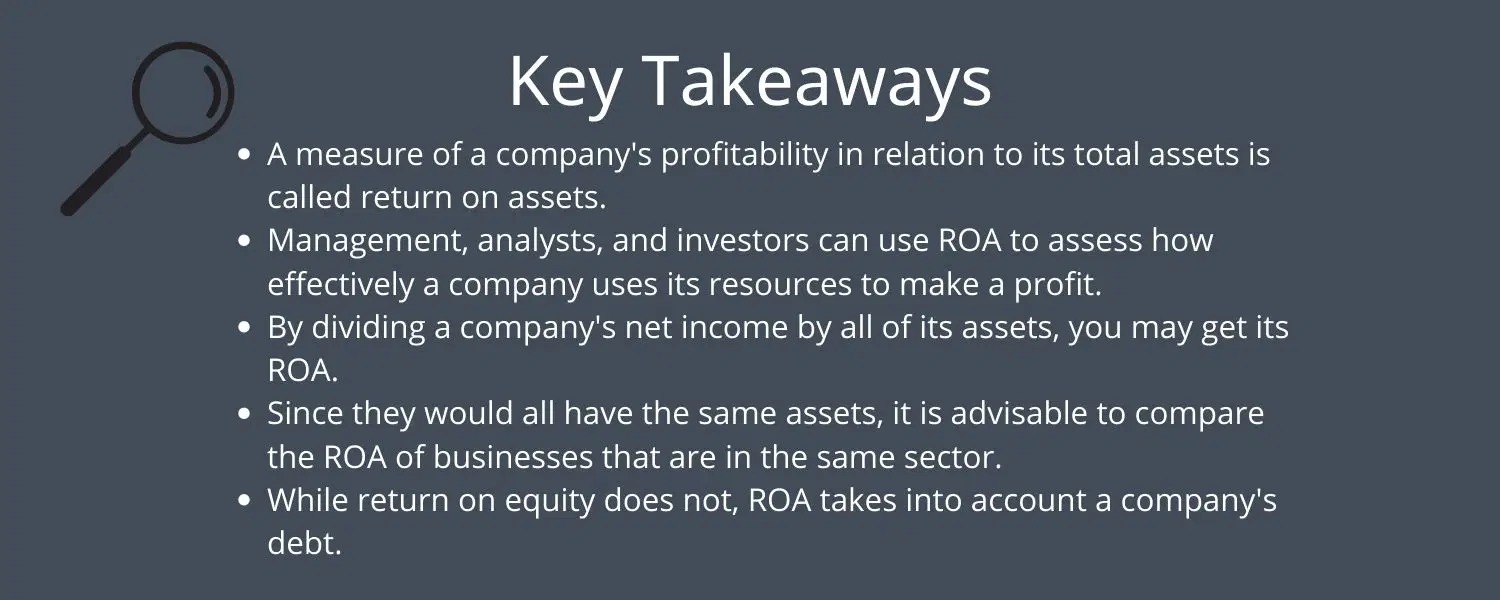Home>Finance>Qualified Foreign Institutional Investor (QFII) Definition, Rules
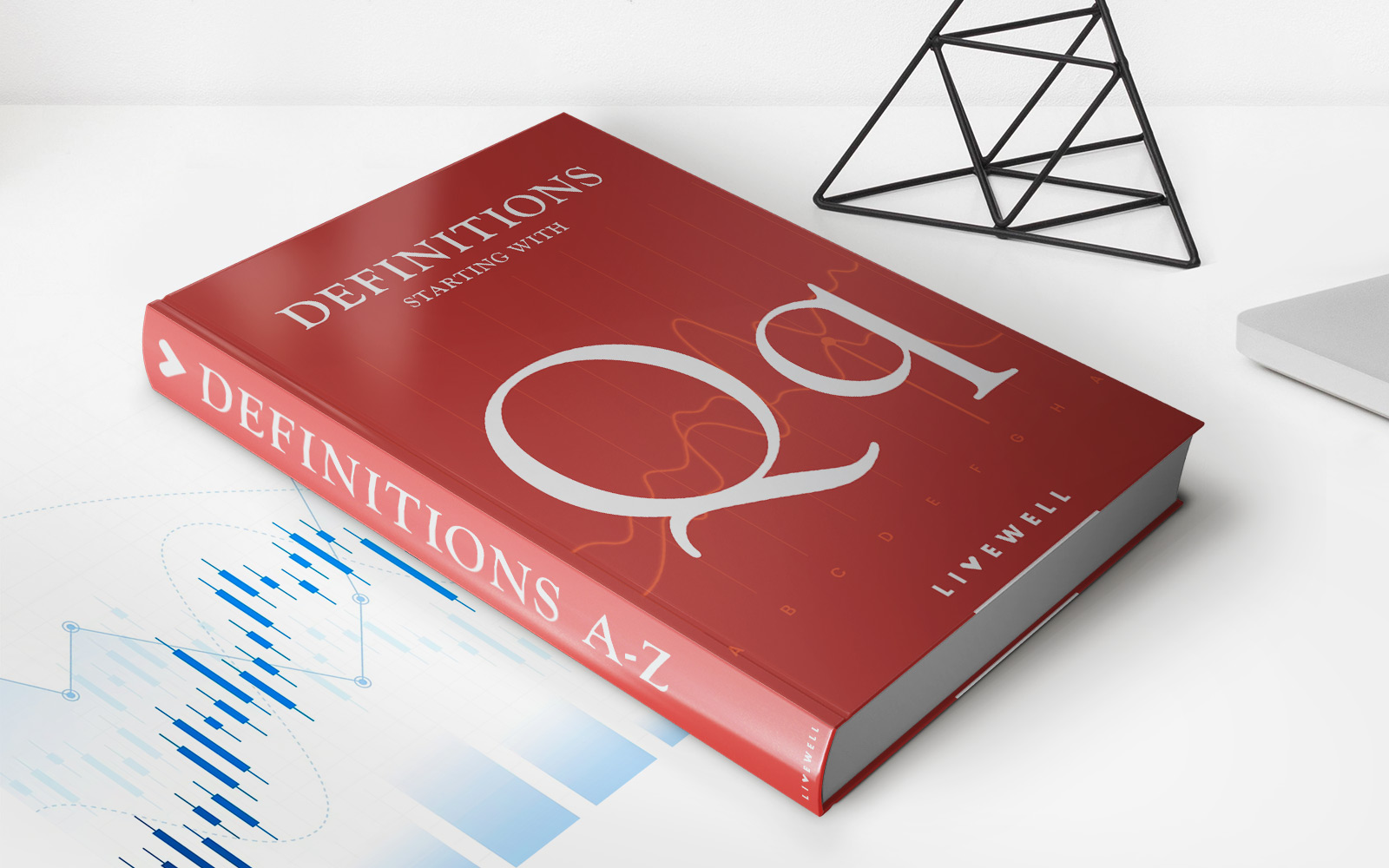

Finance
Qualified Foreign Institutional Investor (QFII) Definition, Rules
Published: January 14, 2024
Learn about the definition and rules of Qualified Foreign Institutional Investor (QFII) in the field of finance. Expand your knowledge on this important aspect of global investing.
(Many of the links in this article redirect to a specific reviewed product. Your purchase of these products through affiliate links helps to generate commission for LiveWell, at no extra cost. Learn more)
What is a Qualified Foreign Institutional Investor (QFII)?
A Qualified Foreign Institutional Investor (QFII) is a type of institutional investor that is allowed to invest in the Chinese stock market and other financial instruments. QFII programs were first introduced by the Chinese government in 2002 as a way to attract foreign investments and promote the internationalization of the Chinese capital markets.
Key Takeaways
- A Qualified Foreign Institutional Investor (QFII) is an institutional investor that is approved by the Chinese government to invest in the Chinese stock market.
- The QFII program was introduced in 2002 to attract foreign investments and promote the internationalization of the Chinese capital markets.
The Rules and Requirements for QFIIs
Becoming a Qualified Foreign Institutional Investor (QFII) requires meeting certain rules and requirements set by the Chinese government. Here are some of the key points to keep in mind:
- Financial Requirements:
- Regulation and Oversight:
- Investment Quota:
- Types of Investments:
- Repatriation of Funds:
- Custodian and Clearing Services:
To be eligible for the QFII program, an institution must have a minimum of $500 million in assets under management (AUM).
QFII investors are subject to the regulatory and oversight framework set by the China Securities Regulatory Commission (CSRC).
Each QFII is assigned an investment quota, which determines the maximum amount they can invest in Chinese securities. The investment quota is determined based on factors such as the institution’s track record, global presence, and reputation.
QFIIs are allowed to invest in a wide range of financial instruments, including stocks, bonds, and other securities listed on the Shanghai and Shenzhen stock exchanges.
QFIIs have the ability to repatriate their funds back to their home countries, subject to certain restrictions and approval from the Chinese authorities.
QFIIs are required to appoint a qualified custodian and clearing agent to hold and settle their securities transactions.
It’s important to note that the rules and requirements for QFII investors may change over time, as the Chinese government continues to refine and update its policies.
Conclusion
The Qualified Foreign Institutional Investor (QFII) program has played a crucial role in opening up the Chinese capital markets to foreign investors. By allowing institutional investors to participate, the Chinese government has gained access to foreign capital and expertise, while foreign investors have gained opportunities to invest in the rapidly growing Chinese economy.
If you are an institutional investor looking to diversify your investment portfolio and gain exposure to the Chinese market, becoming a Qualified Foreign Institutional Investor (QFII) may be worth considering. However, it’s important to carefully review the rules and requirements before making any investment decisions.
